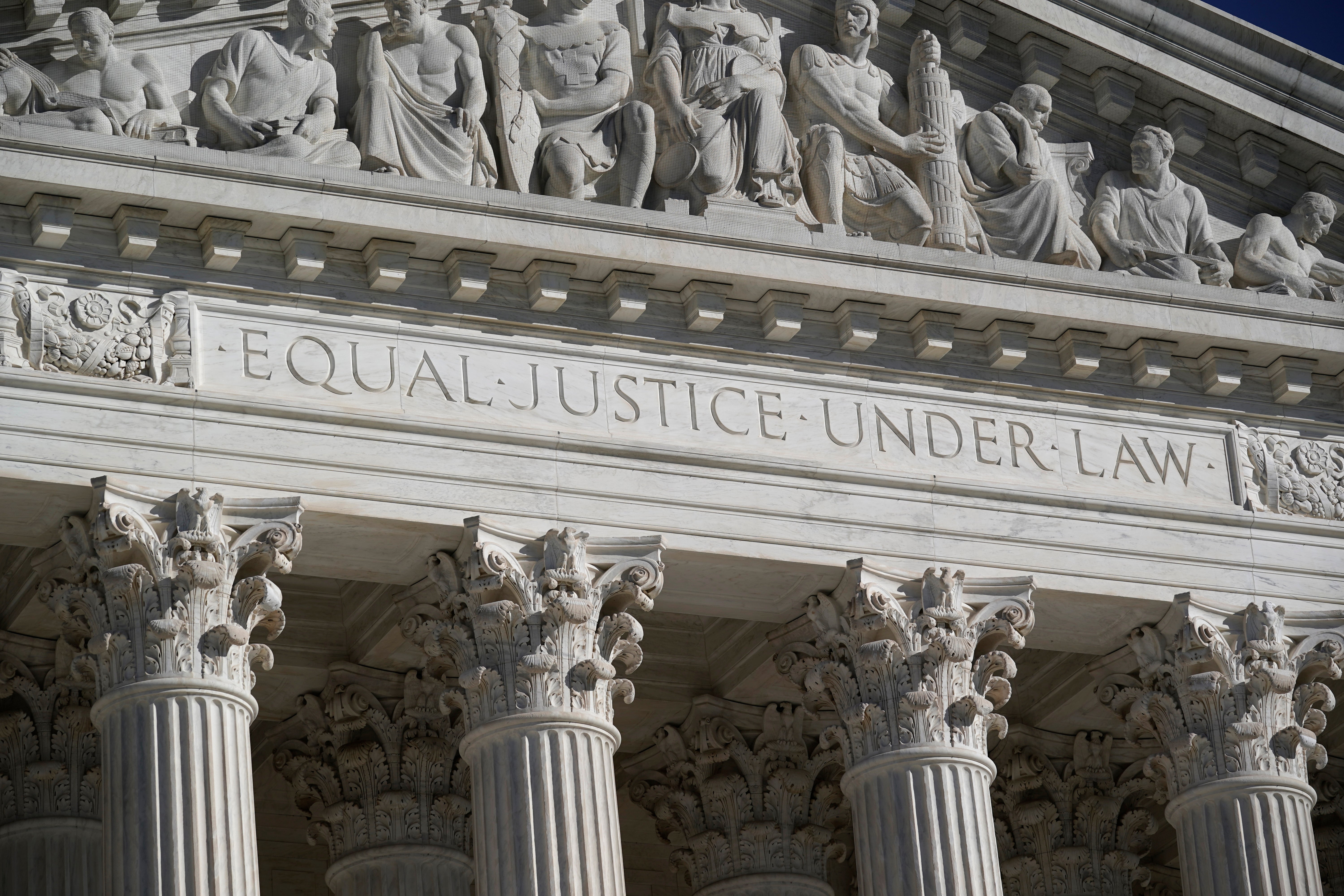High court to weigh Puerto Rico access to US aid
The Supreme Court has agreed to decide whether it is unconstitutional to exclude people living in Puerto Rico from Supplemental Social Security Income

The Supreme Court agreed Monday to decide whether it is unconstitutional to exclude people living in Puerto Rico from Supplemental Social Security Income.
The justices said they would hear an appeal, first filed by the Trump administration of a lower-court ruling that held that residents of the U.S. territory should have the same access to SSI benefits as older, disabled and blind Americans in all 50 states and the District of Columbia.
The administration argues that a pair of 40-year-old Supreme Court decisions already upheld the federal law that created SSI and excluded Puerto Rico and other U.S. territories from it. Congress later added in the Mariana Islands.
In recent months, a federal judge ruled that Puerto Rico residents should have access to other federal welfare benefits from which they have been excluded as well. A federal judge in Guam said residents of that Pacific island also should be able to collect SSI.
A separate program, Aid to the Aged, Blind and Disabled, covers residents of the territories, but it has more stringent eligibility requirements and pays less generous benefits than SSI.
Bookmark popover
Removed from bookmarks